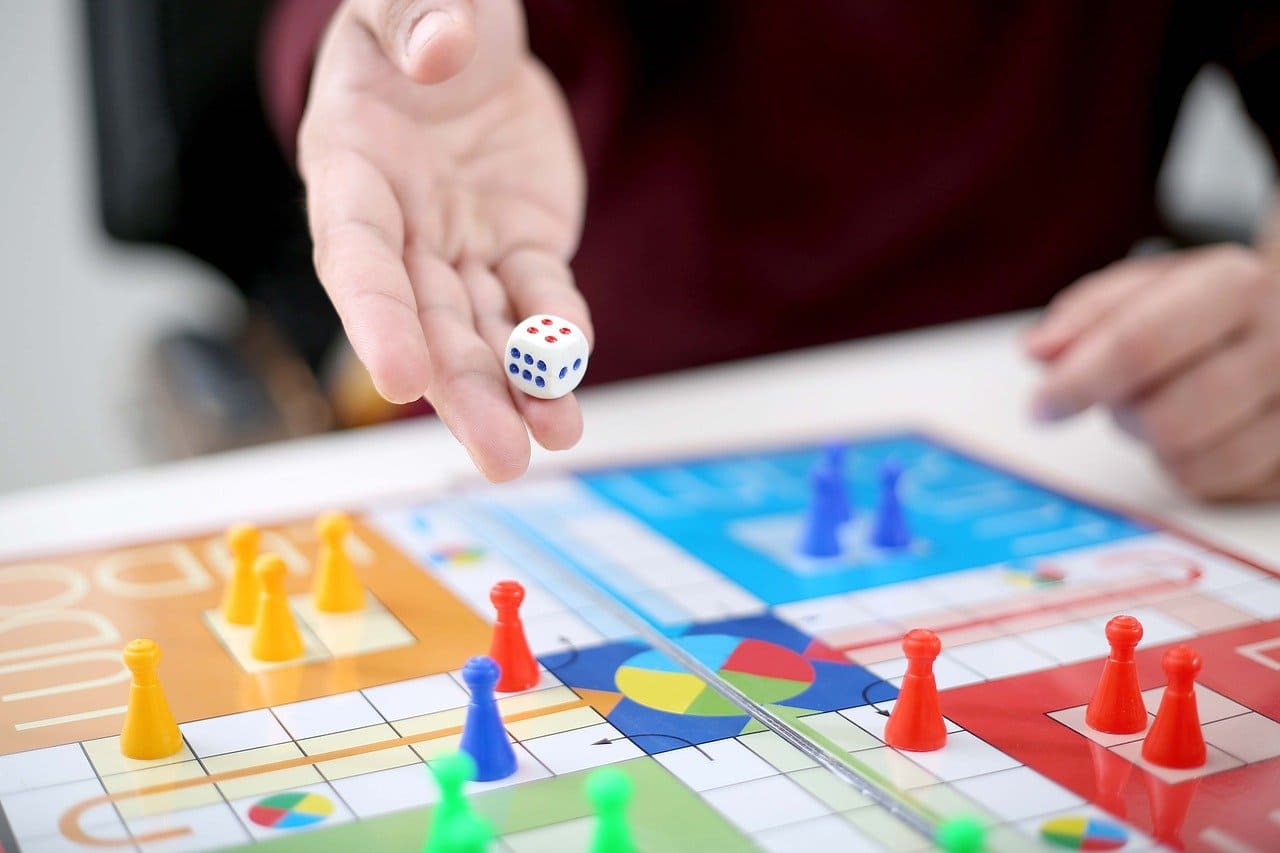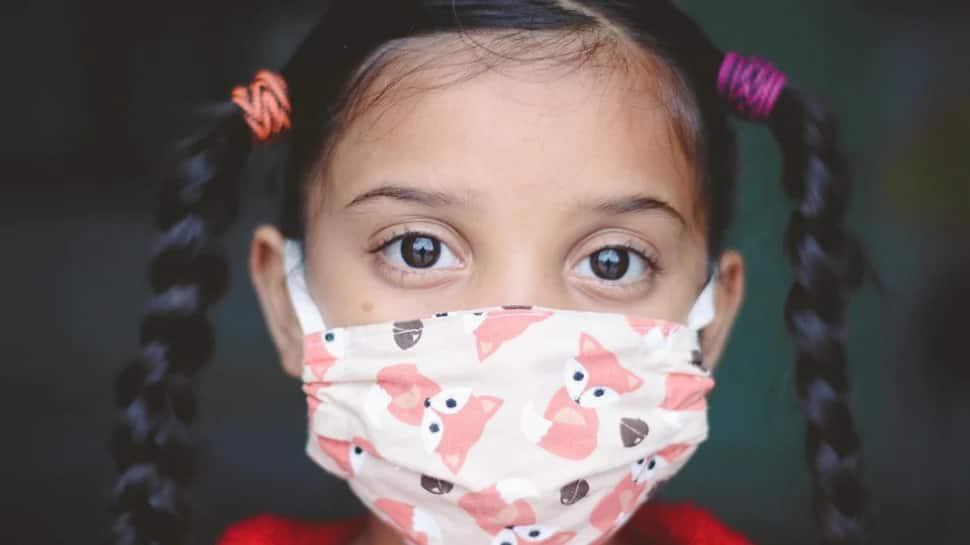Exclusive: How to take care of kids mental health during pandemic as suicide rate soars among them
A total 11,396 children died by suicide in 2020 in India according to NCRB data. There is an 18 percent rise from 9,613 such deaths in 2019 and 21 percent rise from 9,413 in 2018.
- COVID-19 has impacted children's lives immensely
- However, parents can make kids engage in various activities at home for their wellbeing
New Delhi: COVID-19 pandemic has also adversely affected the mental health of people across age groups. While adults are burdened with the uncertainty of the deadly virus, keeping their families safe, trying to earn a living in a new world order - people often take for granted the mental health of their kids. According to the National Crime Records Bureau (NCRB) data, an average of 31 children died by suicide every day in 2020 in India. A total 11,396 children died by suicide in 2020, an 18 percent rise from 9,613 such deaths in 2019 and 21 percent rise from 9,413 in 2018. The pandemic is blamed by experts as an important factor in the surge of the death rate among children.
“While COVID-19 pandemic has been difficult on most adults, not many have spoken about how the uncertainty of the pandemic impacted children’s mental wellbeing,” asserts Anita Atgamkar, Remedial Therapist at Mpower Foundation.
She further elaborates how kids lives turned topsy turvy during the pandemic. “Children were forced to stay indoors, not allowed to go to school, not allowed to meet their friends, not allowed to go to parks or for parties. They were also subjected to the emotions their parents and caregivers felt, which weren’t always positive sentiments. As a result, children too were affected, and their mental health took a turn for the worse.”
Many children also lost their near and dear ones during the pandemic.
“All of this can lead to deterioration in social skills, motor skills, and the ability to concentrate among children,” shares Atgamkar.
With the outbreak of infectious Omicron COVID-19 variant and fear of another lockdown, below are some activities suggested by Anita Atgamkar that you can make your kids do at home to promote their mental wellbeing.
Gardening: Taking care of plants can be a fun activity for children, and will also help them learn a lot, as well as take responsibility for a living thing.


Family game time: The family that eats together stays together is a well-known fact, but in today’s day and age, the family that plays together, is equally important. Make the most of the time at home to connect with children over board games, team games, or activities that can be undertaken at home.

Cooking: Cooking is a great skill to have, and involving children in the cooking process can be a good way to engage with them.

Art and craft: Explore your child’s creative side through different mediums. Whether it is painting, or sculpture, or even making wealth out of waste, such activities will keep children engaged in wholesome activities, which will be good for their mental health.

However, if you notice that your child has suddenly lost interest in activities they would earlier enjoy, has socially withdrawn, there is a sudden drop in their academic performance and they are constantly hopeless and talk about death and suicide, then it is a sign of worry. Your kid might be having suicidal thoughts and it is very important that you take cognizance and immediate steps to help them.
Psychologist Sanjeev P Sahni shares below the steps that parents should take in such a situation:
Voice your concern: Don’t be afraid to mention the word ‘suicide’, as opposed to false beliefs, it does not plant the idea in the mind of your child. In fact, it acts as a means for them to understand the gravity of your concern and helps them realise that help is available from a trustworthy source.
Listen with sincerity: Make sure you don’t dismiss your child’s opinions with the lens of your own judgement, or indulge in jumping to conclusions about their behaviour. Establish your bond with them as a safe space, and allow them to open up.

Encourage connecting: Social isolation can act as a catalyst to surge suicidal ideation. Ensure that your child is in touch with their friends, mobilise their friends to be there for them in this critical hour of need, by educating them on the condition of your child. As a parent, spend extra time with your child. Even an act as simple as watching a film together can go a long way.
Express affection: Declare your love and adoration for your child, make them feel heard and give them the confidence that they will heal from their current state, and that you will ensure they get the help they need.
Take safety measures: Make sure that any weapons or harmful objects are not within the reach of your child, and connect them with a mental health professional as soon as possible.
Stay informed on all the latest news, real-time breaking news updates, and follow all the important headlines in india news and world News on Zee News.
)
